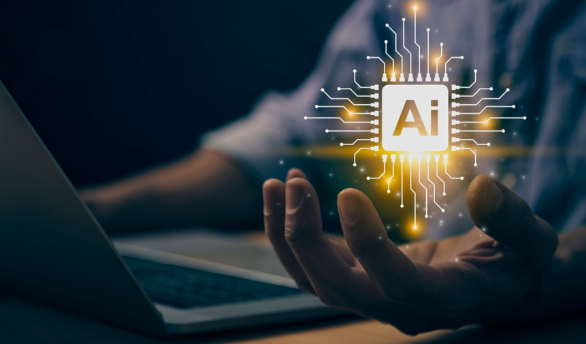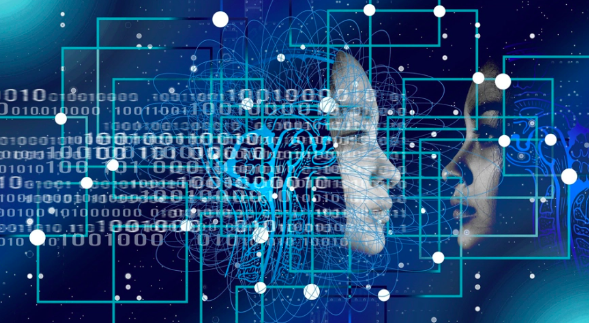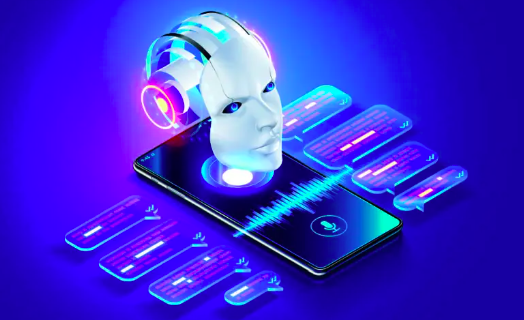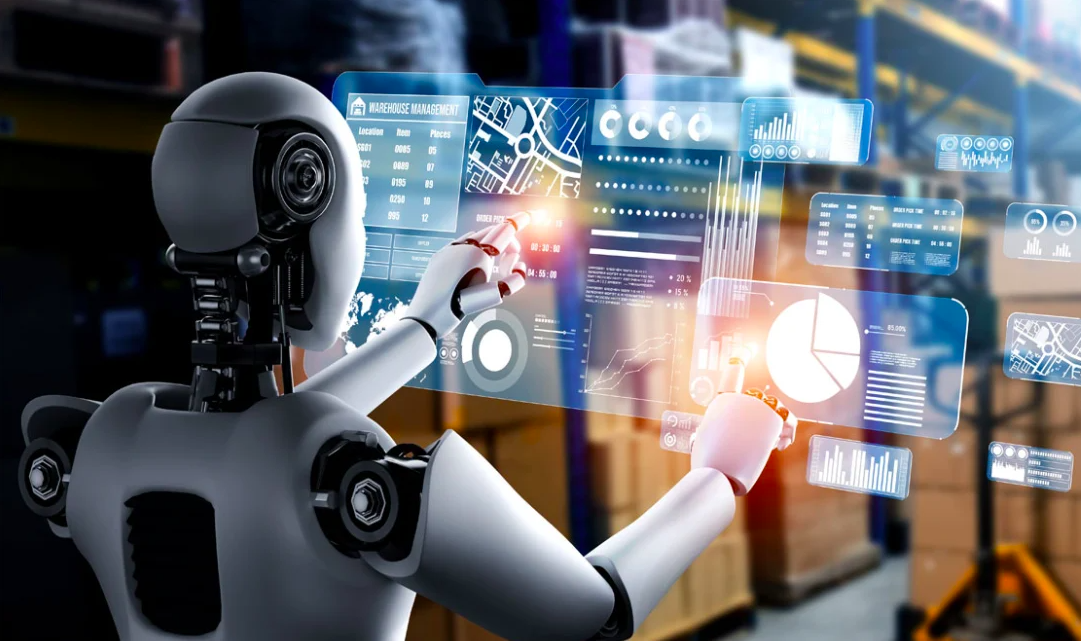After a strong third quarter, Microsoft is reportedly laying off between 1,000 and 1,500 employees in its Azure cloud and mixed reality divisions. Dropbox also announced 500 layoffs in April 2023, with CEO Drew Houston citing AI as a significant factor. “In an ideal world, we would move people from one group to another, and we did that wherever possible,” Houston explained. “However, our next stage of growth requires a different mix of skills, particularly in artificial intelligence and early-stage product development.”

These layoffs raise concerns about AI’s impact on jobs. News of companies like UPS laying off 12,000 workers due to new technology, or Google and IKEA replacing employees with AI, suggests that AI can indeed lead to job losses. But does this mean AI is directly replacing these jobs?
Is Artificial Intelligence Already Replacing Humans?
Currently, what’s happening is that companies are redirecting investments into IT and AI, while cutting costs in other areas, leading to layoffs. This doesn’t mean AI is taking our jobs in the literal sense, but it is indirectly causing wage and job cuts. New jobs are still being created, particularly those related to AI.

Columbia University business professor Oded Netzer cautions against directly linking corporate investment in IT to layoffs. “2023 was the year of generative AI, and companies invested heavily in it,” he told CBS MoneyWatch. “This means there are some jobs where they have decided to invest less, leading to layoffs. But it also means the jobs they are hiring for are AI-related. AI is not replacing jobs; companies are hiring more workers who specialize in fast-growing areas while cutting those with less relevant skills.”
For example, as Microsoft invests in AI, it may reduce the production of computer hardware like keyboards.
The Immediate Impact: Job Displacement
The direct consequence of integrating AI into big tech is the displacement of thousands of workers. Jobs involving repetitive tasks are particularly vulnerable. Administrative roles, customer service positions, and data entry jobs are increasingly being automated, resulting in widespread layoffs. While companies argue these changes are necessary for long-term growth and innovation, the short-term impact on workers is significant.
Transformation of Work
While the immediate effects of AI integration are stark, the long-term effects are more complex. AI has the potential to fundamentally transform the nature of work. It can lead to new job creation in fields related to AI and technology, while also requiring workers to adapt to new roles and acquire new skills. The future of work will likely involve a blend of human and AI collaboration, necessitating continuous learning and flexibility from the workforce.

As companies navigate this transition, the challenge will be to balance technological advancement with the need to support and retrain their workforce. This approach can help ensure that the benefits of AI are broadly shared and that workers are not left behind in the process of innovation.
Ask me anything
Explore related questions





